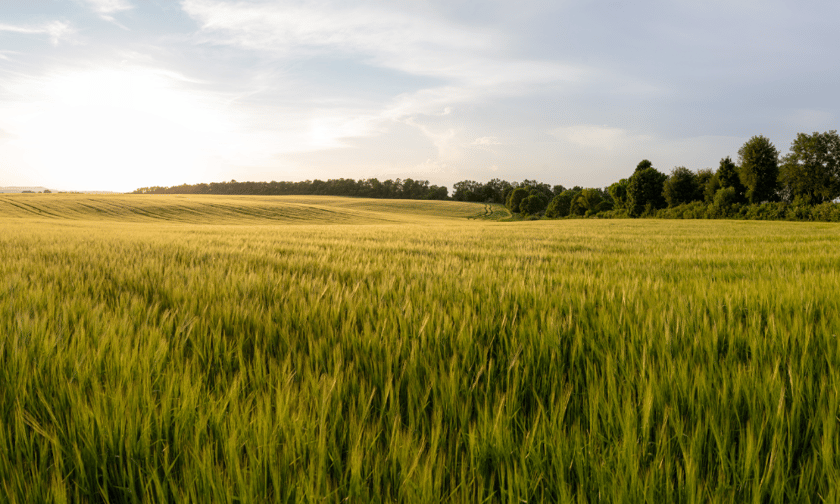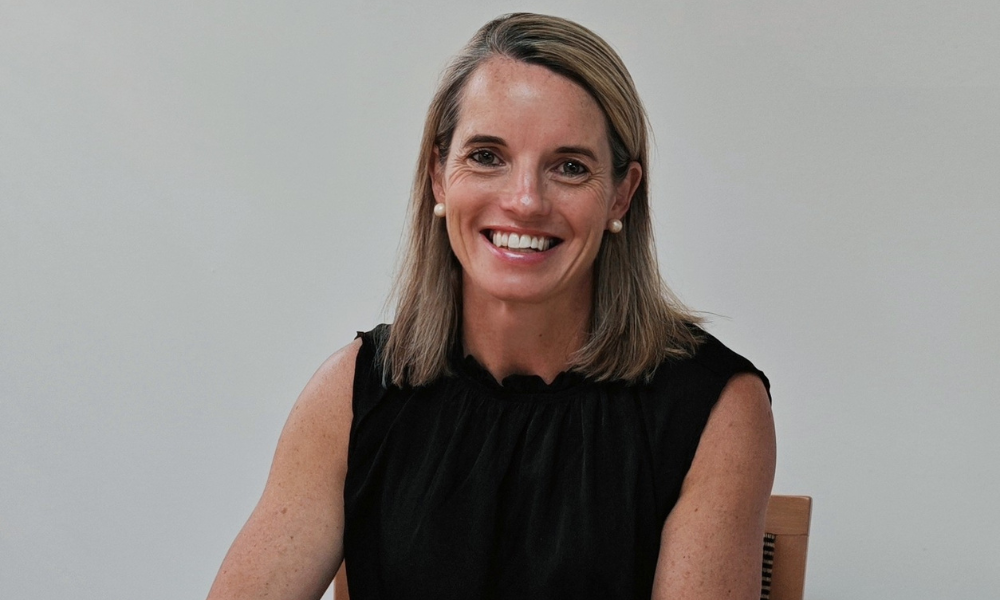

Australia has become the testing ground for a new crop insurance offering based on data-driven satellite technology. Insurance Facilitators (IF), a small, family-owned, agriculture-focused underwriting agency, is using the tech. This agency said the offering should help solve two of the biggest challenges facing crop insurance: premium leakage and accumulation.
IF’s general manager, Kirsten Mooney (pictured immediately below), expects it to reduce loss ratios for insurers and facilitate more accurate and fairer insurance pricing for farmers. Brokers, she said, will also be able to offer better mitigation strategies for a farmer’s more risk impacted fields.

Mooney’s Adelaide headquartered agency provides crop insurance coverages through brokers for broadacre and cotton farmers across the country.
The crop insurance offering, developed by DAS (Digital Agriculture Services), uses machine learning, automapping and geospatial data to improve the accuracy risk assessments. A DAS launch announcement described it as a “geospatial crop insurance solution”.
"We devised it with the goal of preventing premium leakage, reducing mistakes in policy issuance, minimising fraud and speeding up claims," said DAS’s Melbourne-based CEO Anthony Willmott in the announcement. "Australia is our first market for this solution with plans to scale it globally.”
Mooney expected this offering to give her firm’s stakeholders – that include the reinsurer Hanover Re – considerable comfort.
“This DAS offering can really drill down into the properties of farmers and see exactly what they've got by way of crop type, how many hectares and, once the crops are sown, the yields that they could be producing,” she said.
Mooney said this will help her firm minimize premium leakage and also provide “great vision of where farms are located from an accumulation perspective.”
The technology maps properties according to their boundaries.
“This has been a game-changer for us in managing where farms are situated and then the distance between them,” she said.
This enables her firm to better manage accumulation risks like hail, said Mooney, by more effectively spreading these risks out.
In the past, they used a longitude and latitude-based pin location for a farm to help calculate its premium and sum insured.
“Now we can actually pinpoint the boundary of that farm and how far it is to the next farm,” she said. “That assists us with our vision of exposure.”
The other main benefit of this satellite technology, she said, is that it helps prevent premium leakage.
“In the past, we've relied on an honesty system where farmers declared their yields at the end of the policy year,” said Mooney. “If they're under-declaring what they've harvested, it causes premiums to not be charged at the correct level.”
She said over a book of business that can be a substantial amount of money that impacts loss ratio and portfolio performance.
“We need to make sure that the actual yield that they are producing is charged on and this satellite mapping will assist in obtaining those yield amounts,” she said.
She said DAS reports data back every two weeks.
“That's a really good snapshot for us at pivotal points in time,” she said.
Mooney said the satellite images of the crops are analysed by artificial intelligence technology.
“The technology can determine exactly what's been planted in what paddock and almost the exact amount of hectares,” she said. “Once the crop is sown and reached a certain height, they can capture what yield is going to be taken from that paddock.”
DAS is an agriculture-focused tech company backed by Insurance Australia Group’s (IAG’s) Firemark Ventures. The company, according to its website, was born out of a partnership with the Commonwealth Scientific and Industrial Research Organisation (CSIRO).
The launch announcement described the crop insurance offering as “the only rural-specific location intelligence suite in the Australian and New Zealand market."
According to a Swiss Re Institute report, crop insurance is an effective risk management tool to reduce price volatility, support food security and make the world's crop sector more resilient. Globally, the report said food price inflation has reached more than 40% in recent years.
Are you an insurance stakeholder in the agriculture sector? Please tell us about your insurance challenges below.
